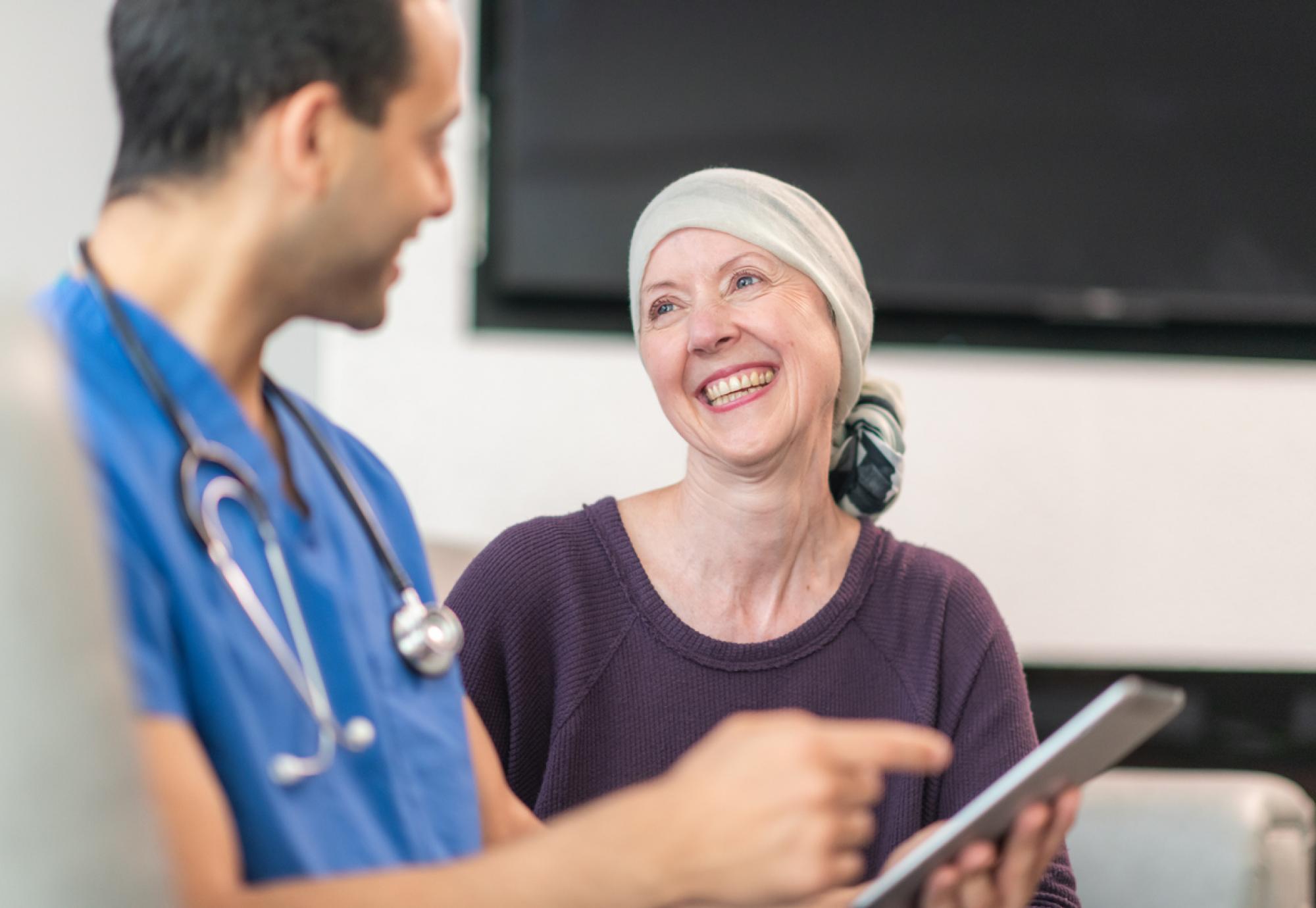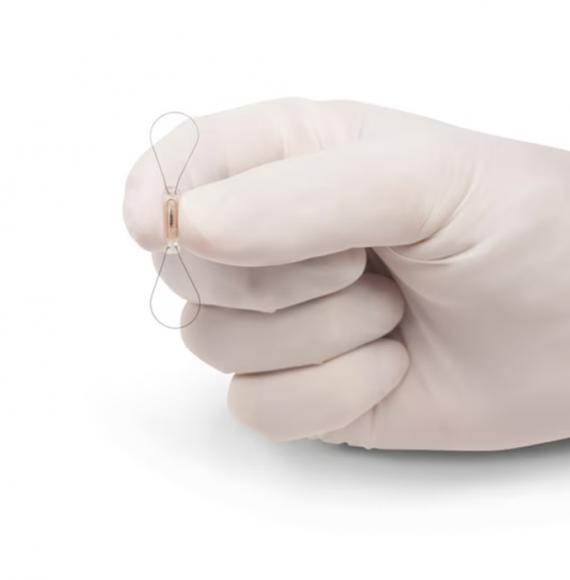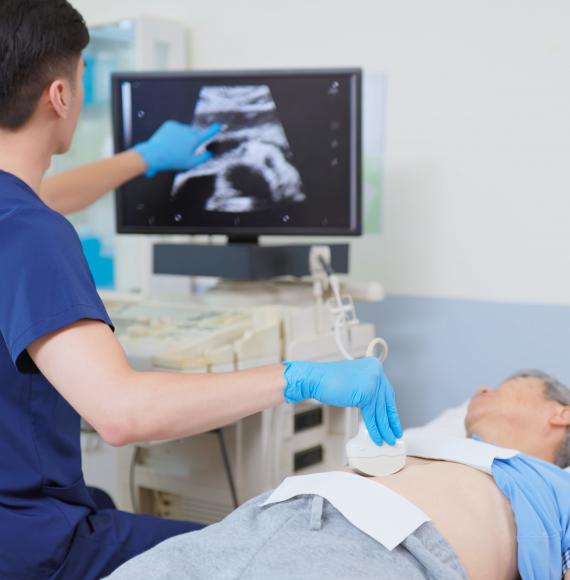NHS England are launching the next phase of the ‘Help Us, Help You’ campaign, with support from Public Health England. It aims to use TV and digital adverts, posters, and social media to raise awareness of symptoms for cancers in the abdominal area, urological cancers, and lung cancer.
The ads will feature people with a range of symptoms, including prolonged discomfort in the stomach, or a persistent cough. It hopes that more people experiencing these symptoms will contact their GP.
It follows on from research showing that three in five people (60%) were concerned about putting pressure on the NHS, with half (49%) saying they would delay seeking medical advice compared to before the pandemic.
NHS Chief Executive, Amanda Pritchard, said: “We know that thousands of people could be risking their lives by delaying medical attention for cancer symptoms.
“We are open and ready to treat people with potential cancer symptoms. From Monday, this campaign will remind people of the signs and symptoms to look out for and encourage them to get checked if something isn’t quite right.
“Thanks to the hard work of NHS staff, we are back on track with cancer referrals, diagnosis and treatment.
“It’s incredibly important that people recognise the common symptoms that can signal a cancer diagnosis – and it’s vital that they take action by making an appointment with their GP, that could ultimately save their life.”
Around a quarter of a million people were checked for cancer in June, which was the second highest number of people recorded. More than 27,000 people started treatment for cancer in June, a 42% increase compared to the same time last year. But treatment numbers have been back at normal levels since March.
Although abdominal and urological cancers account for nearly half (44%) of all cancer diagnoses and two in five (41%) cancer deaths in England, new NHS data shows that many people were unaware of common warning signs to look out for – which could prevent them seeking help.
The figures showed that three in five (63%) people said they didn’t recognise discomfort in the abdominal area for three weeks or more as an indication of cancer. The research also highlighted that two in five people didn’t recognise a persistent cough for more than three weeks as a sign of lung cancer. There is also concern the symptom could easily be confused with Covid-19.
The campaign aims to highlight the symptoms to look out for when it comes to these types of cancers, so patients can be diagnosed quicker and receive treatment as early as possible if needed.
Health Secretary, Sajid Javid, said: “NHS staff have pulled out all the stops to prioritise cancer care throughout the pandemic, with millions of diagnostic tests now being carried out a month. Thanks to their dedication, the NHS is open for us all and anyone who has concerns should come forward.
“I will continue to support the NHS to deliver the appointments, operations and treatment people need, as we get back to normal life as quickly as possible.”
Dame Cally Palmer, Director of the NHS Cancer Programme, said: “Cancer diagnosis and treatment has been an absolute priority throughout the pandemic and continues to be so. Over the last few months, we’ve seen record demand for cancer services and it’s encouraging that so many people came forward for potentially life-saving checks in June.
“We want to build on this success, and make sure that people who might be experiencing symptoms are not afraid or anxious about coming forward. Our message is clear: if you are experiencing any worrying symptoms, please see your GP.”
Health Minister, Lord James Bethell, said: “No one should be deterred from seeking potentially life-saving diagnosis and treatment. The launch of the next phase of the NHS’s Help Us, Help You campaign will help raise awareness of the symptoms of certain cancers and encourage people to speak to their GP if they have any concerns.
“We are backing the NHS to recover from this pandemic and tens of thousands are starting treatment for cancer every month, so don’t delay and seek advice as soon as possible so we can save even more lives.”
Jane Lyons, CEO of Cancer52, said: “It’s great to see this campaign to encourage people who think they might have a cancer symptom to get in touch with their GP. And especially important to encourage people who have symptoms like prolonged discomfort in the tummy area which can be indicators of cancers like ovarian or womb cancer.
“The chances that most of the time these symptoms don’t turn out to be cancer. But if they are, the sooner people get some help the better, so please do take that first step.”



















